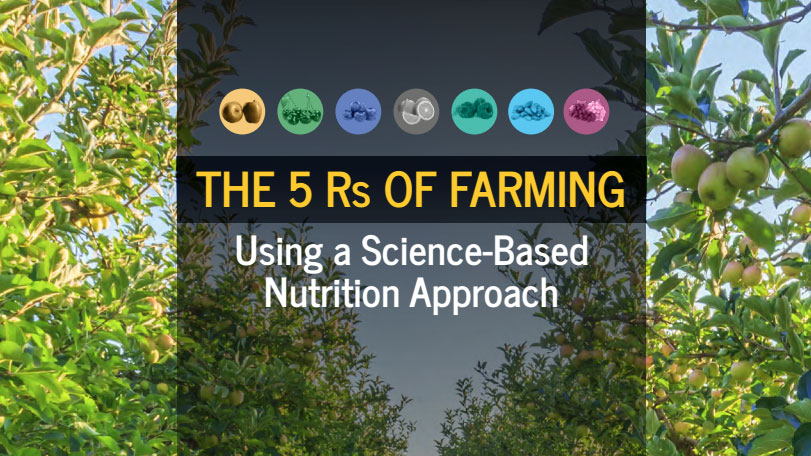What Growers Need to Know About the U.S.-Japan Trade Agreement
The recently signed U.S.-Japan Trade Agreement is said to provide America’s farmers and ranchers enhanced market access within the third-largest agricultural export market. The deal comes as welcome news amid what’s been a turbulent trade situation over the last year. According to USDA, when implemented, the agreement will enable American producers to compete more effectively with countries that currently have preferential tariffs in the Japanese market.
In the deal, Japan has committed to provide substantial market access to American food and agricultural products by eliminating tariffs, enacting meaningful tariff reductions, or allowing a specific quantity of imports at a low duty. The tariff treatment for the products covered will match the tariffs that Japan provides preferentially to countries in the Comprehensive and Progressive Agreement for Trans-Pacific Partnership agreement.
Out of the $14.1 billion in U.S. food and agricultural products imported by Japan in 2018, $5.2 billion were already duty free. Under the first-stage initial tariff agreement, Japan will eliminate or reduce tariffs on an additional $7.2 billion of U.S. food and agricultural products.
Tariffs will be eliminated immediately on more than $1.3 billion of U.S. farm products including, for example:
- almonds
- blueberries
- cranberries
- walnuts
- sweet corn
- grain sorghum
- food supplements
- broccoli
- prunes
Other products valued at $3 billion will benefit from staged tariff elimination. This group of products includes, for example:
- wine
- cheese and whey
- ethanol
- frozen poultry
- processed pork
- fresh cherries
- beef offal
- frozen potatoes
- oranges
- egg products
- tomato paste
The trade agreement provides for the limited use of safeguards by Japan for surges in imports of beef, pork, whey, oranges, and race horses, which will be phased out over time.
In turn, the U.S. will provide tariff elimination or reduction on 42 tariff lines for agricultural imports from Japan valued at $40 million in 2018. Products include:
- certain perennial plants and cut flowers
- persimmons
- green tea
- chewing gum
- certain confectionary products
- soy sauce
The U.S. also has agreed to modify its global WTO tariff rate quota for imports of Japanese beef, enabling Japanese beef producers to compete for a larger share of the global TRQ quantity.
“This agreement between the U.S. and Japan is a better deal for the entire U.S. economy, but is a particularly big win for our farmers and ranchers,” USDA Secretary Sonny Perdue stated. “When I visited Japan in May for the G20, I made it clear that the U.S. is Japan’s best customer and we felt that relationship was not reciprocal. This agreement helps level the playing field.”









